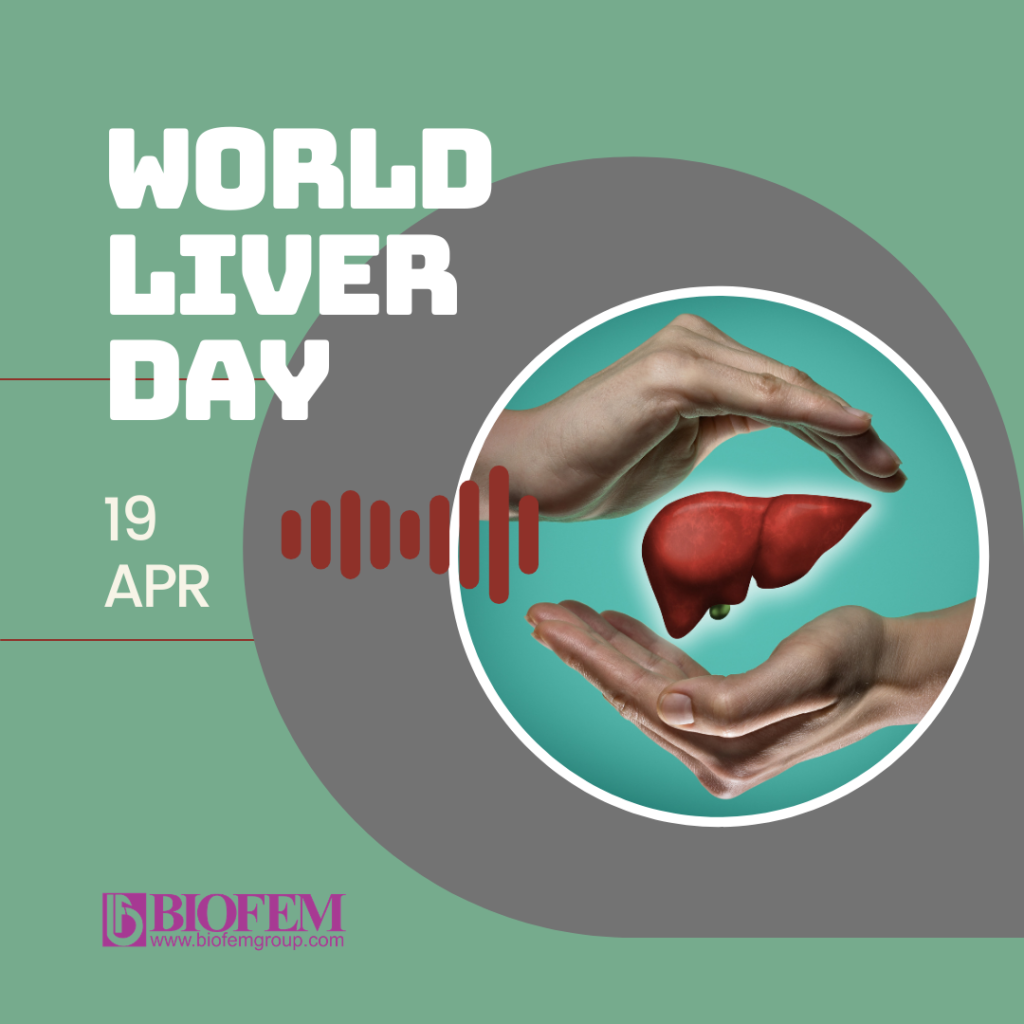PROTECT YOUR LIVER

The liver is the largest internal organ in the body. It is also one of the most complex organs. Every 19th of April, World Liver Day is observed and presents an opportunity to spread awareness on liver-related conditions. The following is a list of major functions of the liver:
- The liver helps purify the blood by changing harmful chemicals into harmless ones. The source of these chemicals can be external (such as medications or alcohol), or internal (such as ammonia or bilirubin). Typically, these harmful chemicals are broken down into smaller chemicals or attached to other chemicals that then are eliminated from the body in the urine or stool.
- The liver produces many important substances, especially proteins that are necessary for good health. For example, it produces albumin, the protein building block of the body, as well as the proteins that cause blood to clot properly.
- The liver stores many sugars, fats and vitamins until they are needed elsewhere in the body.
- The liver builds smaller chemicals into larger, more complicated chemicals that are needed elsewhere in the body. Examples of this type of function are the manufacturing of cholesterol and the protein bilirubin.
It is important to take care of your liver as liver-related conditions such as hepatitis do not always show any symptoms until the condition is significantly advanced. Here are some tips to take care of your liver so it can perform its function:
- Eat a balanced diet and get regular physical exercise: being overweight or obese can increase a person’s chances of getting a fatty liver that can lead to non-alcohol fatty liver disease, which is a fastest forms of liver disease.
- Avoid heavy alcohol use: this can damage the liver cells and lead to swelling or scarring of the liver
- Avoid use of illicit drugs. This can significantly damage the liver.
- Avoid touching or breathing toxins. Some cleaning products, insecticides and aerosols have chemicals that can damage your liver. It is important to avoid direct contact with them.
- Get tested and vaccinated against Hepatitis.
References
American Liver Foundation, 2013
WebMD, 2016
© 2018 Biofemgroup.com All rights reserved.
